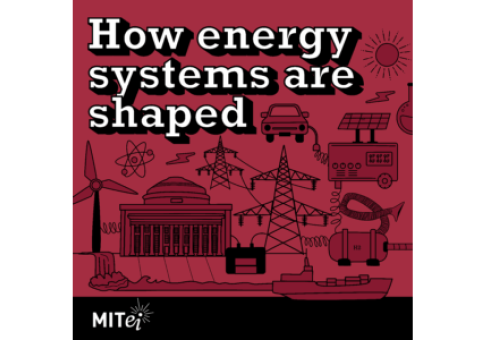Managed Resources
Projecting changes and risks to managed agriculture, water, land and energy systems
The success of agriculture, water, land and energy systems depends on how we manage critical natural resources. In order to project the future of these systems, our Integrated Global System Modeling (IGSM) framework simulates the behavior of these systems under a variety of scenarios. These scenarios encompass a range of plausible conditions that involve changes in: global and regional environments; population and income and subsequent resource demands; technological efficiency and resulting resource availability; and adaptative strategies where technology, resilience and markets might ameliorate adverse effects of global and regional change.
To enable detailed analyses of these managed resources, the IGSM tracks the evolution of crops, forestry, livestock, water availability, water quality, land use and land cover, as well as the availability and penetration of energy technologies (e.g. fossil, hydro, geothermal, nuclear, wind and solar).
To learn how your organization can benefit from funding our research, please visit the Joint Program Sponsorship page.
Publications
Morris, J. and J.M. Reilly (2025)
Uncertainty in Climate Change Research: An Integrated Approach, Springer Cham, ISBN: 978-3-031-85541-2, Chapter 16, pp. 163-176 (doi: 10.1007/978-3-031-85542-9)
Brandolini, F., T.C. Kinnaird, A. Srivastava, S. Costanzo, C. Compostella and S. Turner (2025)
Scientific Reports, 15, 24989 (doi: 10.1038/s41598-025-08396-2)
Brandolini, F. (2025)
Open Research Europe, 5, 169 (doi: 10.12688/openreseurope.20343.1)
News + Media
MIT CS3 researchers co-author chapter on emissions and concentration scenarios (Springer Cham, Chapter 16, pp. 163-176)
MIT Professor Jessika Trancik, a CS3 faculty affiliate, takes a big picture view of how energy systems are shaped and where there is opportunity to innovate (MIT Energy Initiative)
In one project, MIT CS3 researchers aim to create a framework for evaluating decarbonization and energy transition pathways for Africa (MIT Energy Initiative)
Research Projects
People









